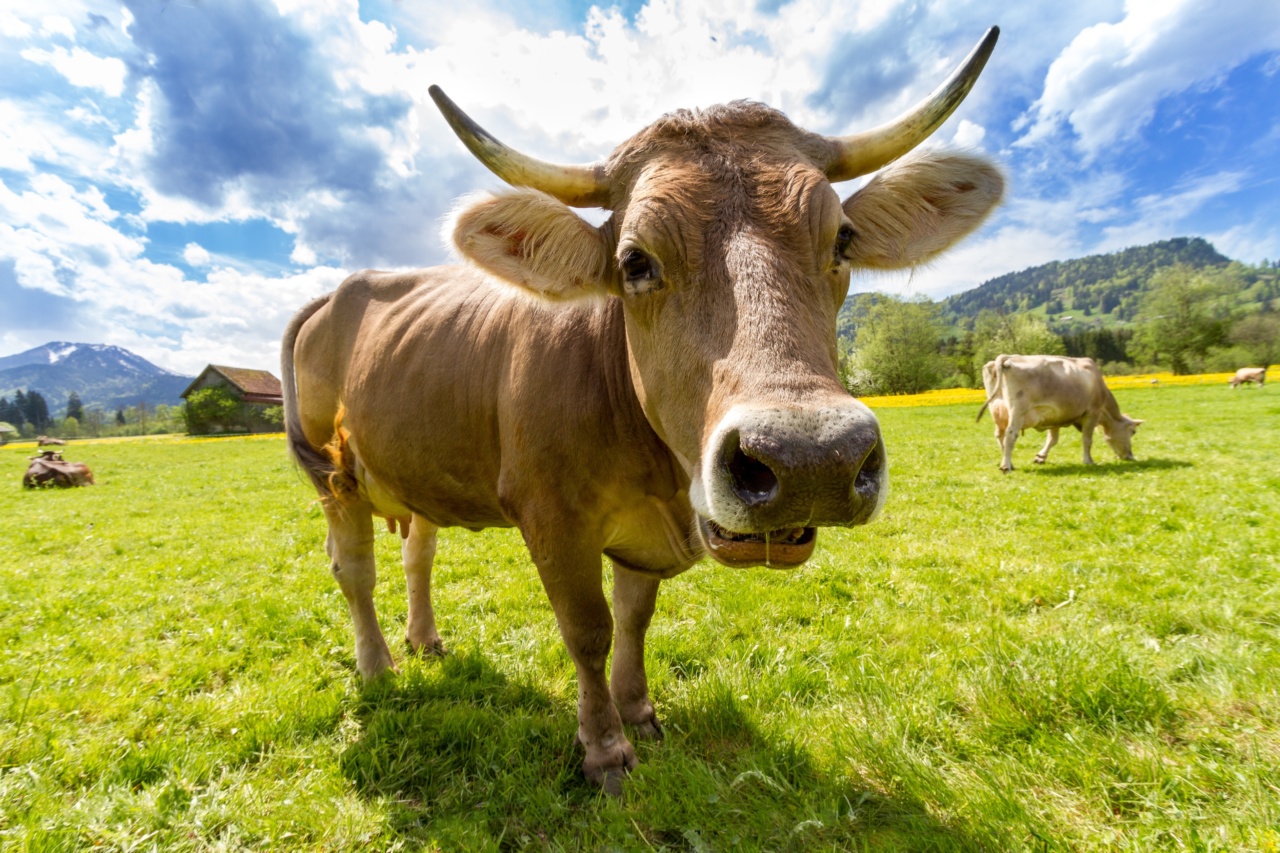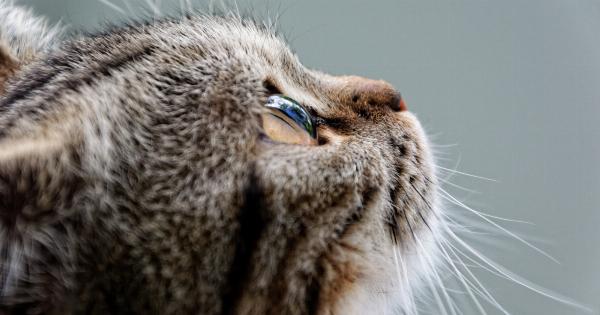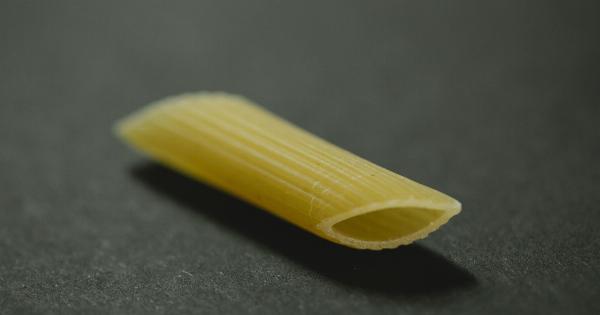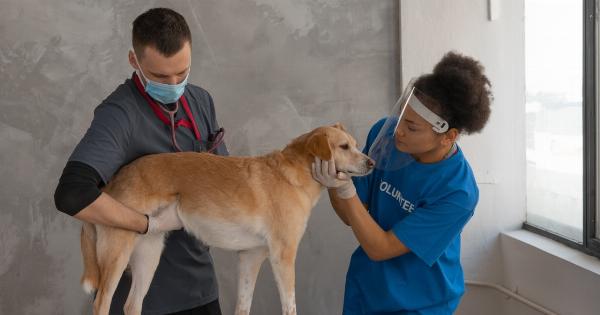Ruminant disorders are common conditions that can occur in animals that have a four-compartment stomach, such as sheep, cattle, goats, and deer.
These animals rely on a complex system of digestion to break down food and extract nutrients, and any disruption to this process can cause serious health problems.
Causes of Ruminant Disorders
There are many different factors that can contribute to the development of ruminant disorders, including:.
- Poor nutrition: Animals with insufficient or imbalanced diets are more susceptible to digestive problems.
- Changes in diet: Abrupt changes in food can cause digestive upset and lead to disorders.
- Infections: Bacterial, viral, or fungal infections can damage the digestive tract and lead to issues.
- Toxic substances: Consuming poisonous plants, medications, or chemicals can result in ruminant disorders.
- Inadequate water consumption: Lack of water can cause dehydration and lead to digestive complications.
Symptoms of Ruminant Disorders
The symptoms of ruminant disorders can vary depending on the underlying cause and the severity of the condition. Some common symptoms include:.
- Abdominal pain: Animals may show signs of discomfort, such as restlessness, kicking at their sides, or lying down and getting up frequently.
- Decreased appetite: Animals may eat less or stop eating altogether.
- Bloating: Excess gas can build up in the rumen, causing bloating and distention.
- Diarrhea: Loose or watery stool may be a sign of digestive upset.
- Constipation: Difficulty passing feces or lack of bowel movements can be a symptom of impaction or obstruction in the digestive tract.
- Dehydration: Decreased water consumption or excessive fluid loss can lead to dehydration, which may be indicated by dry mucous membranes, sunken eyes, or lethargy.
- Weight loss: Chronic digestive problems can cause animals to lose weight and become emaciated over time.
Complications of Ruminant Disorders
If left untreated, ruminant disorders can cause serious complications and even lead to death. Some potential complications include:.
- Peritonitis: Inflammation of the lining of the abdominal cavity can occur if the digestive tract becomes perforated or ruptured.
- Toxicity: Consuming poisonous plants or chemicals can cause organ damage or failure.
- Dehydration: Severe fluid loss can lead to electrolyte imbalances, shock, and death.
- Septicemia: Bacterial infections can spread throughout the body and cause sepsis, a life-threatening condition.
- Hypocalcemia: Certain digestive disorders can result in low blood calcium levels, causing muscle weakness, seizures, or even death.
Treatment of Ruminant Disorders
The treatment of ruminant disorders depends on the underlying cause and the severity of the condition. In some cases, supportive care such as rehydration, pain management, and nutritional support may be all that is needed to help the animal recover.
In more serious cases, interventions such as surgery or antibiotics may be necessary.
Prevention of Ruminant Disorders
Preventing ruminant disorders involves ensuring that animals have access to clean water and a well-balanced diet that meets their nutritional needs.
It is also important to avoid sudden changes in diet and to carefully manage the intake of potentially toxic substances. Regular veterinary check-ups and maintaining a clean and healthy living environment can also help prevent the development of digestive problems.





























